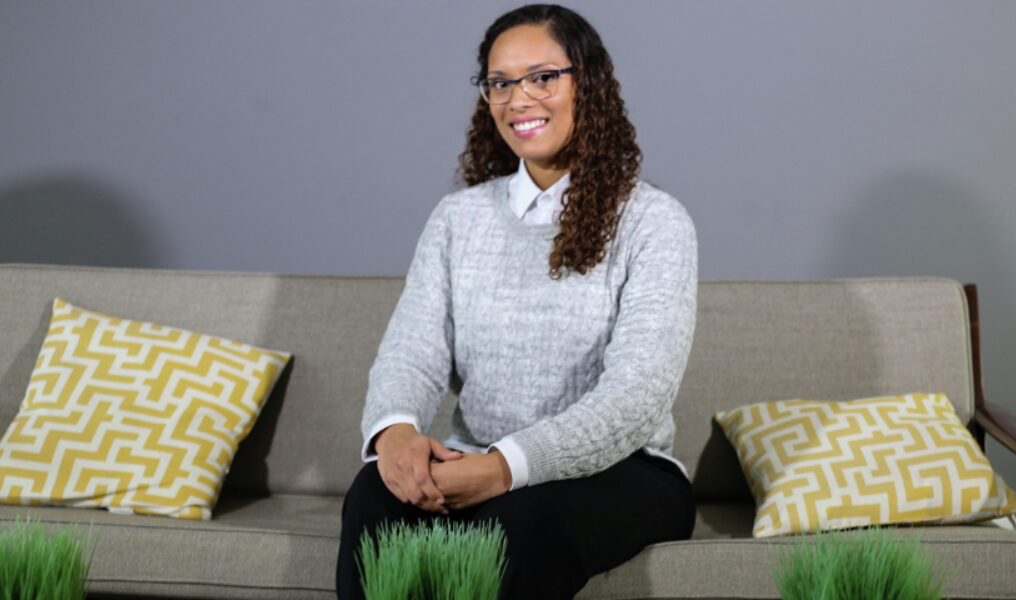BY JACQULYN HIPPE
The lack of moral decency in this administration and their supporters has reenergized social activists and advocates here to maintain those rights. Social justice leaders working for people who have been stripped of their voice and power are mobilizing, especially advocates for survivors of violence.
Human rights and the ability to control our lives is not afforded to everyone contributing to society. Within the current administration, the rights of the survivors of violence, LGBTQ communities, immigrants, the economically disadvantaged and people of color are back on the chopping block. Nonetheless, we are standing together to strategically address the next steps to take control of the abuse and violence in our communities.
Sexual assault is an instrument perpetrators use for power and control over their victims. Many believe that strangers perpetrate sexual assaults, but the Department of Justice shows that eight out of 10 rapes in the U.S. are perpetrated by someone the survivor knows. They also report that one in five women are raped within their lifetime. Approximately 45 percent of women in abusive relationships will also face sexual abuse within the duration of their relationship. Survivors dealing with sexual abuse may suffer from severe and long-lasting physical and mental health complications.
Sexual assault has long been embedded in our culture. Even before the sexual assault movement started showcasing the issue in 1978 at the first American Take Back the Night marches in New York and San Francisco. Nonetheless, 40 years have passed while sexual assault and harassment are still major issues. Today, this issue has been at the forefront of the media due to quick access of information. The movement and people like Tarana Burke, the creator of the #MeToo movement, allows women to find community with others affected by this issue; to know they are not alone.
This bravery of women disclosing sexual harassment and assaults has ended the careers of many, from entertainment to political figures, for their decades of abusive and inappropriate behavior. Many are in disbelief of the problem's scope. Identifying individuals and their patterns of abusive behavior while making them accountable for their actions is very important for survivors seeking justice. But to end the prevalence of violence occuring in the workplace, classrooms, on the streets and in our bedrooms takes an entire nation. To have a larger impact on the prevalence of violence, we must re-evaluate how we are socialized and how we teach the next generation about relationships, consent and respecting one another as human beings.
From Harvey Weinstein to Roy Moore, the number of perpetrators being exposed of sexual assault and harassment is growing. The women speaking out stand together to reclaim their voice and remove the shame and confusion they felt while enduring those assaults. Yet, what about those who do not have the agency or ability to speak out? What about those who have been marginalized due to their race, sexual orientation, or lifestyle? Partner abuse and violence in the LGBTQ community is unique and affects our community in extensive ways. Our voices are often left out of the conversation and narrative, especially people of color, undocumented individuals and people with disabilities who identify as LGBTQ.
These rates are similar or even higher for LGBTQ individuals, like bisexuals and lesbians. The Centers for Disease Control and Prevention (CDC) stated that 61 percent of bisexuals and 44 percent of lesbians experience rape, physical violence and stalking by an intimate partner within their lifetime.
Gay and bisexual men experience sexual violence other than rape at rates of 40 percent and 47 percent, respectively. The 2015 Transgender Survey found that 47 percent of transgender people are sexually assaulted in their lifetime. We must ensure that resources and supports for survivors of abuse or sexual assault affirm and support all sexual orientations so that survivors are less likely to be retraumatized when seeking help.
As a community advocate and counselor for survivors of violence by the hands of their partners, traffickers or discriminatory systems, I believe community advocates are fighting intensely for those who have been stripped of their voice or power. LGBT Detroit informs the larger community about the intricacies of the LGBTQ culture through education, cohesion and advocacy that affords one to identify, accept and honor their truths, sense of self and foster humanness. Our crisis intervention services assist LGBTQ individals, specifically people of color, with a space for healing and support. LGBT Detroit has empowerment-based services to help with survivor-centered counseling and community advocacy. If this is happening to you, your story matters and we believe you. When you are ready, we are here to support you.
The Social Media Exposure of Perpetrators Leads to the Catalyst of Sexual Assault Social Change










